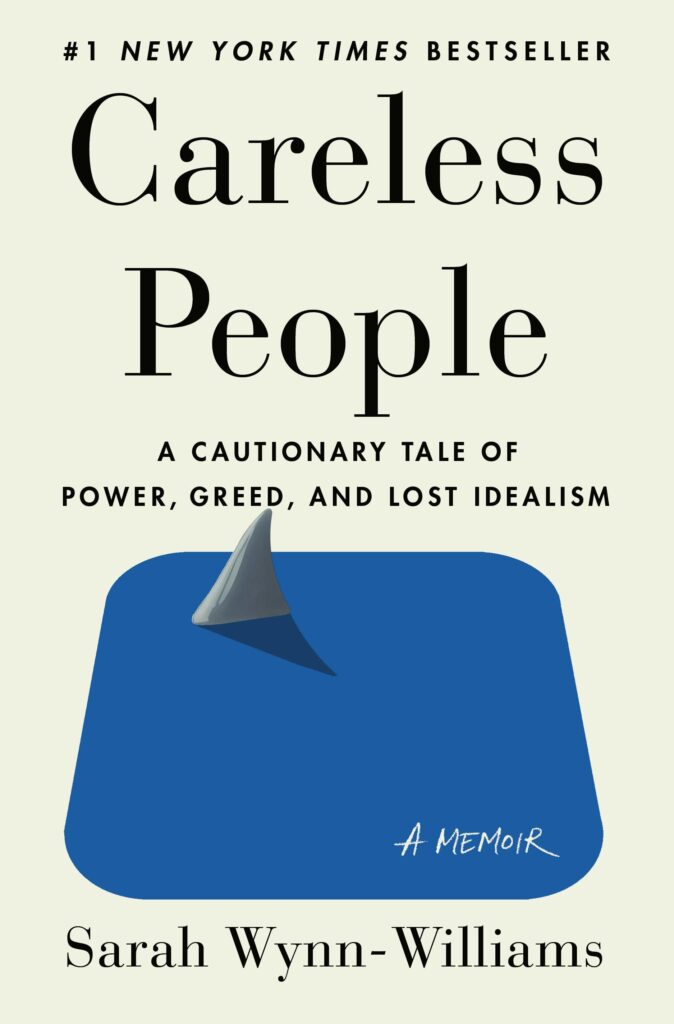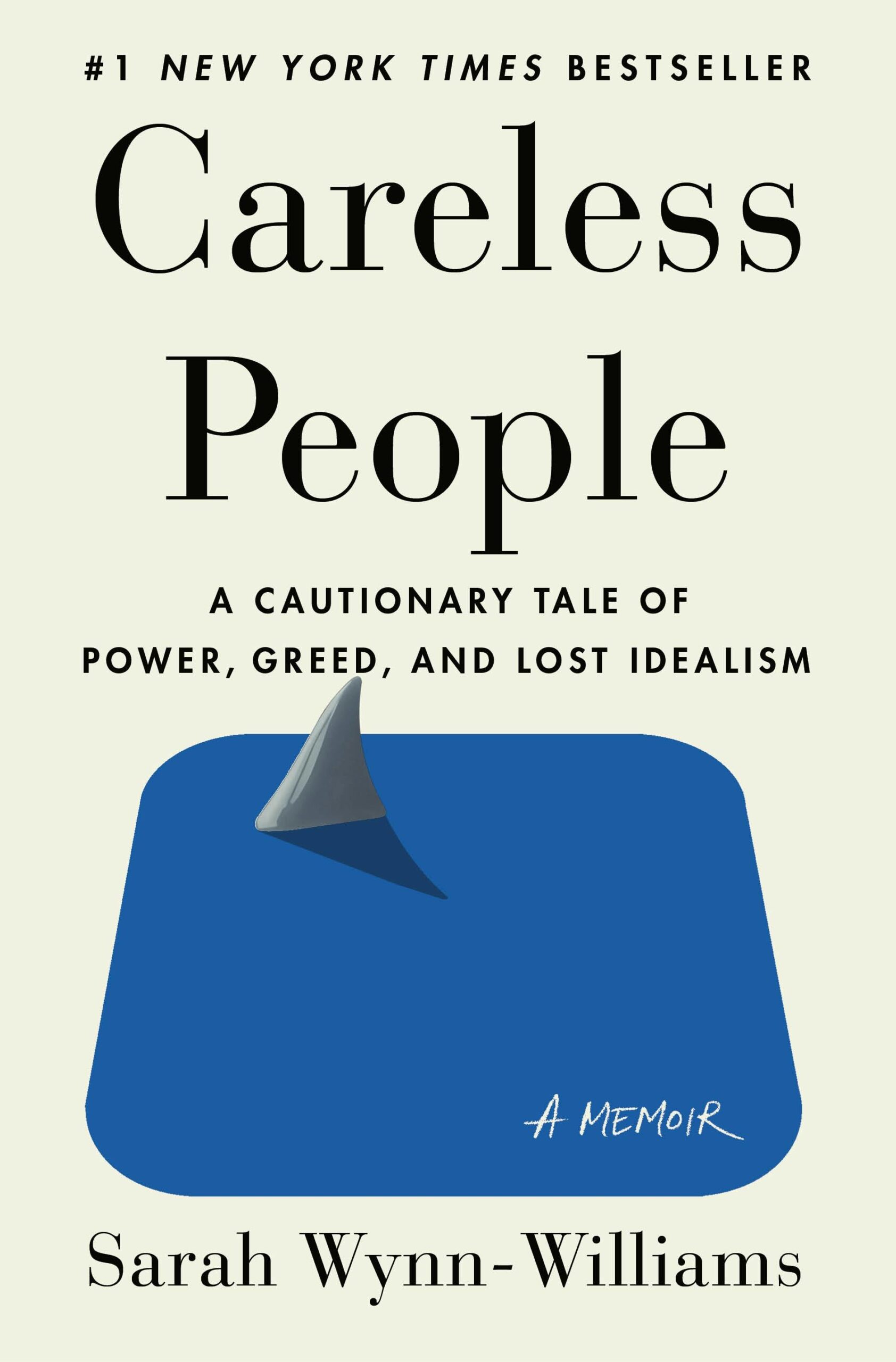Sarah Wynn-Williams’s (2025) book Careless People is offered as a memoir of her six years at Meta (Facebook), but it focuses as much on the people whose decisions created this company, such as Mark Zuckerberg, Sheryl Sandberg, and Joel Kaplan, who was reportedly hired to appease the Trump administration.

Wynn-Williams, a former New Zealand diplomat, wanted to work for Facebook she explains because she believed in its potential and its power. She also recognized that this company needed a global perspective to maximize this potential for positive impact, and was eventually offered a position, which she developed in a way that allowed her to become central to its global policies.
This focus as much as anything explains the emergency injunction won by Meta to prevent Wynn-Williams from promoting her book although that according to some only increased its sales. If so, this response obviously backfired, but that likely means more money for Wynn-Williams but does not increase the likelihood of the public benefits she once identified.
Wynn-Williams generally knows how to tell engaging stories. Some moments are uneven, but many are engaging. I consistently wondered what happened next, and what some of these powerful yet peculiar people would say or do.
She also if this account is accurate has admirable attributes, such as confidence, motivation, and resilience. These seem even more so in contrast with her shortcomings that she details, such as the time she stopped in the middle of labor with her feet in the stirrups to draft a requested talking points memo, and insisted despite her husband’s and doctor’s requests upon sending it before returning to the task at hand.
This and other moments might make some question Wynn-Williams’s judgment. Perhaps most alarming was her willingness to stay in her position despite the political, social, and individual harm, such as blatant sexual harassment, that she witnessed and even experienced. These decisions some could suggest might have condoned such conditions no matter how often she cited the need of her family for health care or any increased capacity to change the company as a company insider.
Wynn-Williams’s relationship with Meta ends when she is fired. She insists that she had wanted to leave and had been searching for another job, but some might wonder whether she would have ever left on her own volition. Such critics could cite her decision to relocate reportedly at Zuckerberg’s request, which as she admits affects not just her but also her family, or her concerns about the economic consequences if she did.
Wynn-Williams also offers what could be considered a cautionary tale for those who might still be techno-optimists. She isn’t wrong to imagine the potential power in social media and other digital technologies. At the same time, she depicts the risks of being naive about surveillance capitalism, and especially its ability to disable this potential and exploit users.
That perhaps is a bigger problem. Despite her engaging stories, she hasn’t provided a narrative. Many moments are engaging although according to some contain little new information, but these together are never quite connected into a sequence of events that ultimately offers useful insight about not just this author but also if readers are lucky the times or world in which we live.
This flaw can be found even in its title, which refers to Tom and Daisy and their relationship in F. Scott Fitzgerald’s (1925) canonical The Great Gatsby. In it, Tom and Daisy are indeed careless, and even entitled, but Mark, Sheryl, and Joel in contrast seem more than careless, and rather self-absorbed, exploitative, and even ruthless in this book.
A question I have after reading it is whether Wynn-Williams could be considered part of this problem.

Leave a Reply